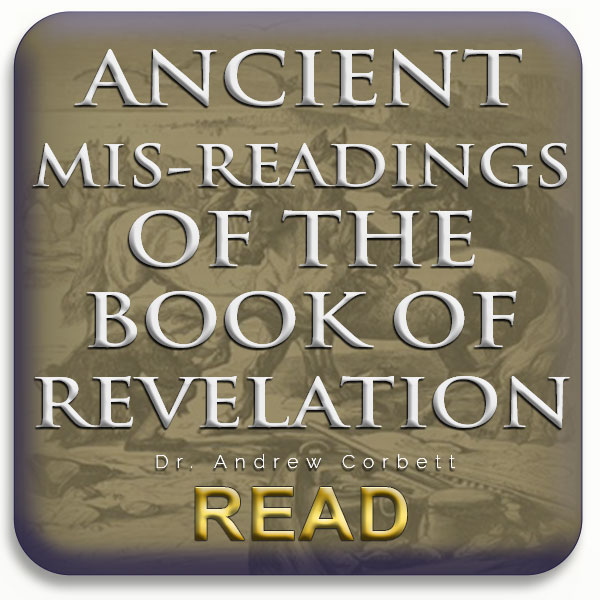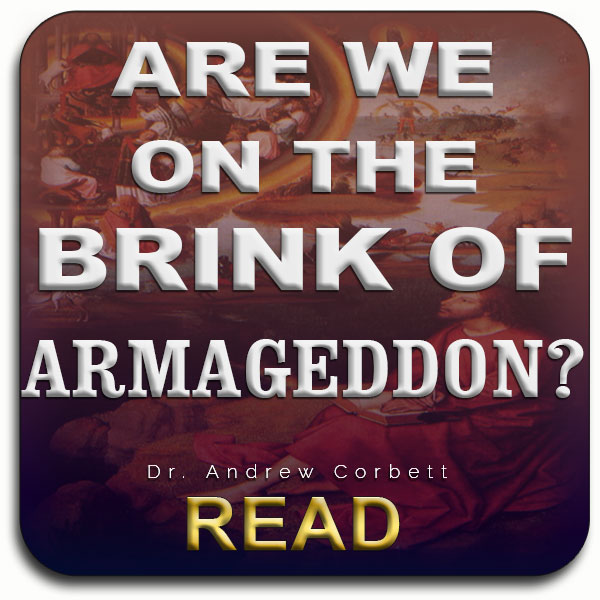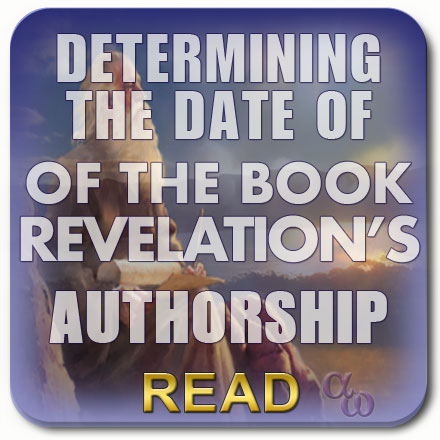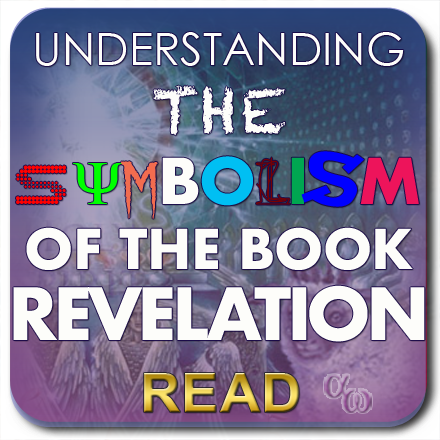
Ancient Mis-readings of The Book of Revelation
Beginning from the late Second Century, prominent Christian thinkers and preachers have got the interpretation of the Book of Revelation wildly wrong.

Beginning from the late Second Century, prominent Christian thinkers and preachers have got the interpretation of the Book of Revelation wildly wrong.

Armageddon? Some say it’s just about to happen. But what does the Bible say about it? Whenever things flare up in the Middle East, especially involving Israel, there are always people who speculate that Armageddon is about to happen. The word “Armageddon” has now become synonymous with “the final battle that ends the world”. So ubiquitous has the word become for the end of the world that Hollywood have titled blockbuster films with it, fictional books have been written about it, and media commentators now refer to it as the catch-all word to describe the level potential fall-out from a Middle Eastern battle.
This is all very staggering considering that it occurs only once in Scripture, in the Book of Revelation, and is not alluded to anywhere else. Added to this is…

Much damage to the credibility of the Bible has nearly been done by those who twist the contents of the Book of Revelation to force it to sound like it refers to the events of our present day. Time and time again, so called Bible-Prophecy teachers have been left with egg on their faces as their ridiculous speculations have proved to be completely wrong. Our Administrator forwarded onto me a copy of an email we were sent claiming that our understanding of the Book of Revelation was wrong and that we would be humiliated by the Lord when the Rapture took place on October 17th 2009.
You’ll notice that I am writing this brief article after this ‘day of humiliation’. But still the sillyness continues to be rolled out by many TBN preachers who (even inadvertently) misrepresent the Book of Revelation by claiming that it is written to us about our day. (I have compiled a small list of such of failed interpretations.) In the unlikely event that you are a now cynical believer reading this article, or even in the more unlikely event that you are a complete skeptic about Christianity and the Bible reading this article, I hope to take just a few minutes of your time to offer an alternate understanding of the Book of Revelation that will actually present a credible case for Christianity and the Bible.

Where is human history going? Many people believe that the Bible has not only accurately predicted human history to this point, but that it predicts a coming ‘Golden Age’. This possibly impending event is called: “The Millennium”. But there are very devout Bible readers who think this kind of reading of Scripture is actually a gross misreading of the Bible, and that what the Bible really says about the future may surprise – and even shock people today.
The “Millennium” is the touchstone for how people label themselves when it comes to interpretting Bible prophecy. Depending on how they regard the Millennium, they will classify themselves either as, (i) Premillennial; (ii) Amillennial; or, (iii) Post-Millennial. Within these Millennial categories there are people who take a “fundamentalist” view, generally known as “Dispensationalists” and there are others who take a “Reformed” view, generally known as “Historicists”, or the position I will argue for- “Preterist”.

It would be remiss of any serious student of Revelation not to at least do a cursory examination of the historical context to which Revelation is back-dropped. The first point of reference would have to be to determine when Revelation was written. Most scholars regard there being only two possible dates. Dr. Leon Morris explores this adequately in his Tyndale Commentary series volume on Revelation, and I recommend that this widely available commentary be read. In the case of most books of the Bible, determining the date of its authorship, while certainly important, is not necessarily crucial to its interpretation. But this is absolutely not the case with the Book of Revelation. Some tradition has up until recent times regarded the date Revelation’s authorship to be around 95AD. This has been based almost entirely on a misunderstanding of one vague statement by the second century Church Father, Irenaeus.

The Book of Revelation has variously been described as so mysterious that it simply cannot be understood. But this has not stopped some from speculating about what its symbolims means. Such speculation is based on the assumption that the Book of Revelation is uniquely symbolic. But what are the implications of the idea that Revelation is written with consistent Biblical symbolism in how we understand its message?
In fact, it can be shown that the Book of Revelation is saturated in Old Testament imagery and symbolism. Understanding this should help us to avoid abusing this profound Book with ridiculous speculation that forces such contemporary events as the European Union, the United States, modern Iran, and computer technology into the text.